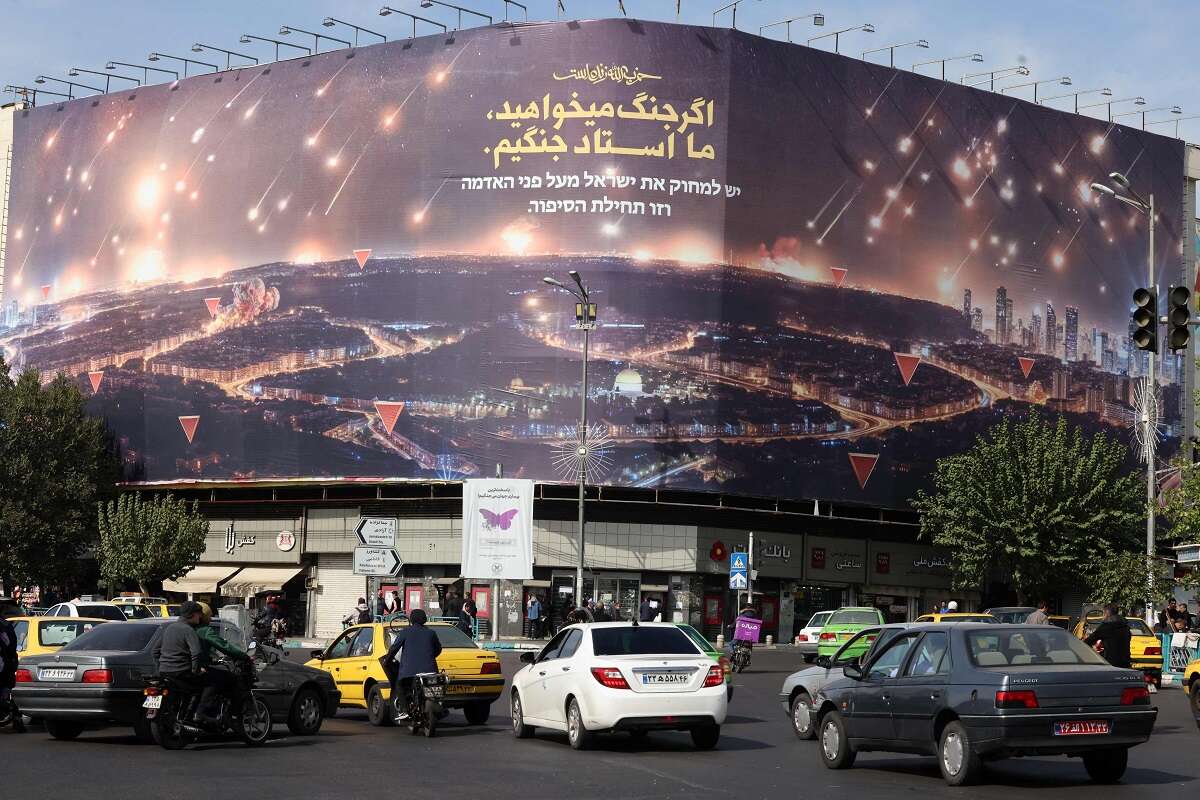The Israeli government took the extraordinary step Monday of convening its weekly cabinet meeting in a fortified underground facility in Jerusalem, marking what security officials called a "new reality" in protecting the country's senior leadership. The unprecedented relocation from the cabinet's traditional chamber at the Prime Minister's Office came in direct response to last week's Hezbollah drone attack on Prime Minister Benjamin Netanyahu's private residence in Caesarea and subsequent intelligence warnings of elevated threats against government officials. In a measure reflecting heightened alert status, ministers were notified of the secure location merely hours before the session and were explicitly instructed to arrive without their senior staff – a dramatic break from standard governmental practice.

Security sources familiar with last week's drone incident revealed new details about the sophistication of the attack on Netanyahu's Caesarea compound. The precision-guided drone that struck the prime minister's bedroom window was part of a coordinated three-drone assault specifically calibrated to penetrate the residence's defense systems. Debris from the impact was later recovered from the compound's swimming pool and surrounding security perimeter, according to officials briefed on the investigation who spoke on condition of anonymity due to the sensitive nature of the ongoing security assessment.
The security establishment's concerns were further amplified by the filing of severe indictments at the Haifa District Court against seven Israeli nationals from the northern region. The defendants stand accused of operating a sophisticated Iranian intelligence network, marking one of the most significant counterespionage cases in recent years. The charges include wartime collaboration with an enemy entity and transmission of classified information – offenses that carry substantial prison terms under Israeli law. State prosecutors have petitioned for extended detention, citing the grave national security implications.
According to the indictment, the alleged operatives functioned within a meticulously structured network under direct Iranian oversight, conducting extensive surveillance operations throughout a two-year period. Their documented activities included systematic intelligence gathering and detailed photography of strategic military assets, including Israeli Air Force bases in Nevatim and Ramat David, the heavily guarded Kirya defense headquarters in Tel Aviv, Iron Dome anti-missile battery deployments, and numerous other classified security installations across the country.




